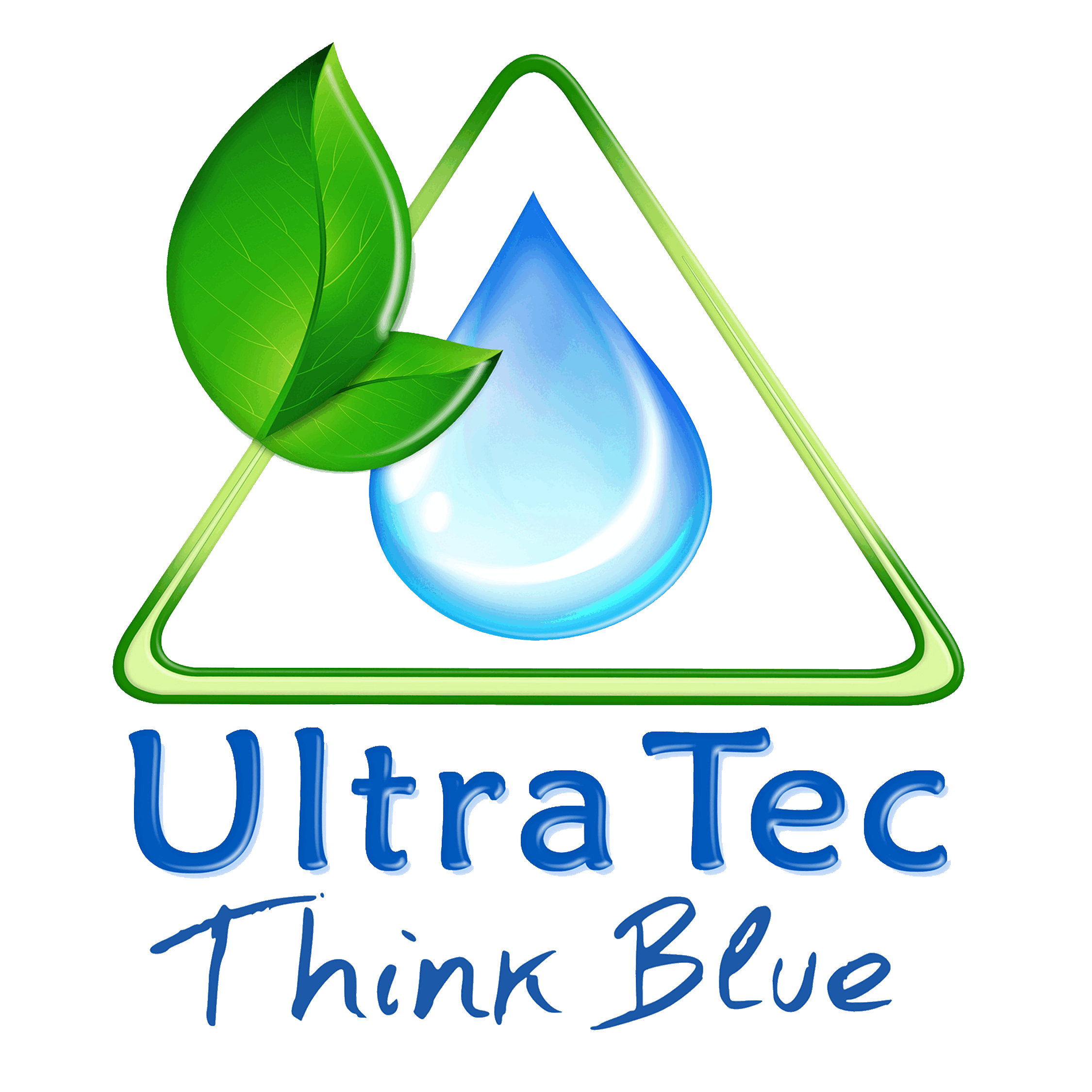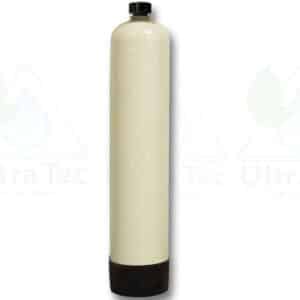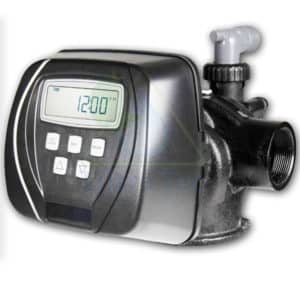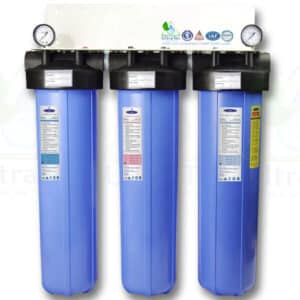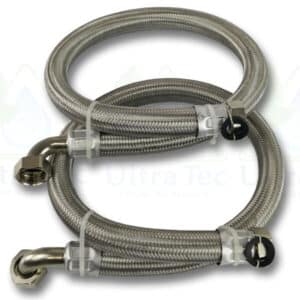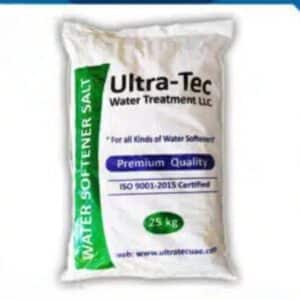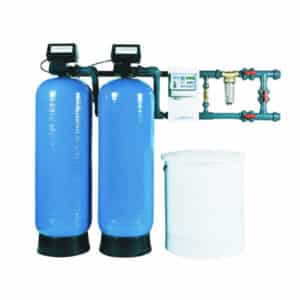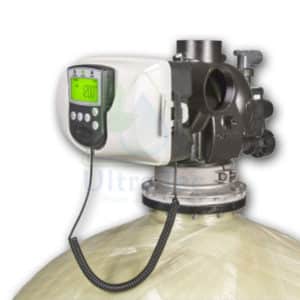Salt-free conditioners are not to be confused with salt-free softeners. Softener uses a negatively charged resin bed to remove magnesium and calcium from your water. Conditioners, on the different hand, do not remove magnesium or calcium.
However, they transform it and stop the minerals from clinging to surfaces and precipitating into the scales that build up over time. This process removes the necessity of flushing the minerals down a drain while simultaneously keeping your water clean and smooth–saving electricity and water. You’ll even have brighter laundry and less soap usage!
The best way to brief whether or not you want a salt or salt-free system is to have a water analysis. So, call us for more information, assistance, or our Southern Water Service.
Comemrcial & Industrial Salt Free Water Softeners
20 GPM Commercial Salt-Free Water Softener (Anti-Scale) System | 9.25 litres
30 GPM Commercial Salt-Free Water Softener (Anti-Scale) System | 12.5 litres
50 GPM Commercial Salt-Free Water Softener (Anti-Scale) System | 16.5 litres
70 GPM Commercial Salt-Free Water Softener (Anti-Scale) System | 28 litres
100 GPM Commercial & Industrial Salt-Free Water Softener System | 40 litres
Salt-Free Water For Commercial Use
Hard water has many minerals, such as calcium and magnesium. Unfortunately, these elements can be complex on the skin, machinery, and drains. You can turn to water softening to avoid these issues, but most softeners rely on salt. Luckily, there are options. If you need commercial water softening, turn to a salt-free water softener.
Here’s what you need to know.
Benefits of Salt-Free Water Softeners
Here are some of the benefits of funding a salt-free water softener:
- Perfect for brine-free areas — Traditional water softeners are prohibited in brine-restricted regions. Suppose your commercial facility is located in one of these areas. In that case, a salt-free water softener can keep you improving your water quality without using salt.
- Flexible options — You also have a lot of different options. You can choose a large water softener that softens all the water in your facility. However alternatively, you can opt for an under-the-sink filtration system that works on the drinking and cooking water that comes out of your tap.
- Less waste — A salt-free water softener doesn’t waste water like a traditional water softener.
- More affordable — Salt-free water conditioners are often more affordable than other solutions. If you run a commercial enterprise, you must keep your costs as low as possible. This softener helps you with that goal without forcing you to sacrifice water quality.
- More effective than magnetic treatment — To avoid salt, some people turn to filters with magnets. Extensive research indicates that magnetic water conditioners do not work, and there is no beneficial effect to using these systems.
How Salt-Free Water Softeners Work
Typically, water softeners rely on ion exchange to soften the water. Ion-exchange resin beads with the opposite electrical charge as the elements you’re trying to remove from your water sit in a water-tight tank. When the hard water passes through the tank, the ions attract the hard minerals, pulling them out.
When this process involves salt, you have to refill the salt in the softener. However, if you opt for a salt-free water softener, you never have to worry about replacing the salt. Instead, you trade in the tank as needed when the exchange ions can no longer soften the incoming water. Pre-treatment or different media may be required when hardness levels appear at 25 gpg (grains per gallon) or higher. Please consult a specialist for this condition.
Why You Need a Water Softener
Hard water often has a sub-par taste, which is not ideal for drinking or cooking. Suppose you are in an area with hard water, and your business produces foods or drinks. In that case, you need a water softener to protect the quality of your water, as it’s directly tied to the quality of your products.
Additionally, hard water can be very damaging to equipment that uses water, including everything from water heaters to coffee machines. Water softeners can help prevent limescale, mineral deposit build-up, or other issues that affect your equipment’s lifespan, saving you cash on repair and replacement costs.
Related Products
100 GPM Water Softener System | 40 liters
100 GPM Water Softener System | 40 liters100 GPM Commercial & Industrial Salt-Free Water Softener System | 40 liters
Saltless Water Softener is a new technology that converts the calcium (hardness) of the water into mechanically stable and heat-resistant calcite crystals (nanometer size) that no longer cause lime deposits. The calcium has rinsed away.
Clack WS2CI Filter, Timer Controlled Valve, 2″
Clack WS2CI Filter, Timer Controlled Valve, 2″Clack introduced its first line of residential control valves. The goal was to design a family of control valves for the water treatment professional that covered the greatest range of applications while having the greatest commonality of parts. All Clack valves incorporate patented* “stack technology” and feature state-of-the-art electronics and programming software.
High Flow Whole House Water Filter
High Flow Whole House Water FilterIt is a well-known fact that people should drink eight glasses of water a day to help maintain a healthy lifestyle. With our High Flow Whole House Water Filters, you get delicious, refreshing, safe, top-quality drinking water.
Our High Flow Whole House Water Filters are engineered for maximum filtration and maximum performance with minimal maintenance.
Stainless Steel Hoses 3/4″
Stainless Steel Hoses 3/4″Stainless Steel Hoses 3/4” For Water Softeners & Water Filtration
Essential for all new water softener installs.
Working pressure 10 bars.
Burst pressure 40 bars.
Water Softener Salt
Water Softener SaltThe salt used in the brine tank of a water softener does not directly soften the water, but is used to regenerate the resin beads in your water softener. These actually soften the water from your well by removing the hard water ions, calcium, magnesium and iron.
Water Softening
Water SofteningIndustrial Water Softeners remove hardness ions from water through ion exchange, which exchanges hardness ions for more harmless ions, such as salt.Hard water is water that has calcium and/or magnesium salts dissolved in it. The degree of hardness is directly related to the concentration of these salts. Hard water consumes soap and adversely affects washing and cleaning operations in the home and throughout industry. Hard water salts form scale in pipe lines, boilers, heat ex changers, hot water heaters, water chillers & UV shells.
WS3 Clack Valve
WS3 Clack ValveThe commercial/industrial line of control valves was also developed with direct input from customers and incorporated many of the features proven in the residential line of valves. The WS3 provides flow rates up to 250 GPM.
